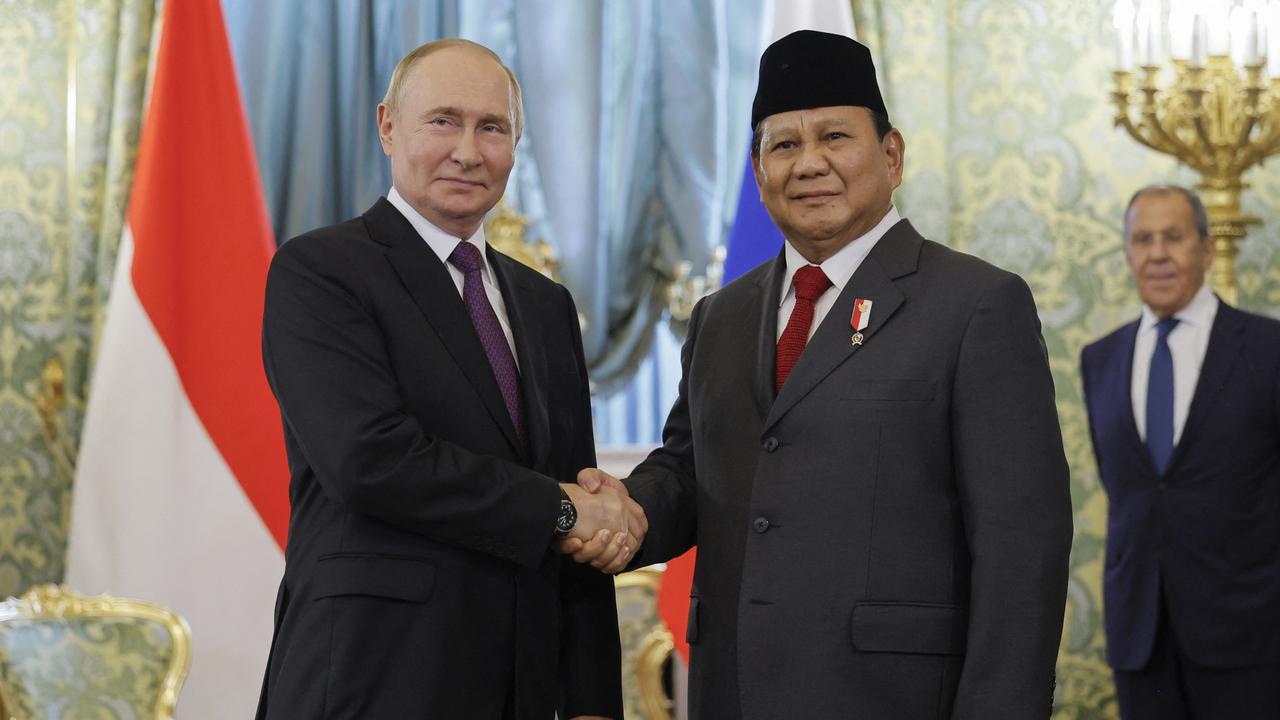Scrutiny of foreign deals will begin at once, says Marise Payne
Foreign Minister Marise Payne will move within weeks to assess if major state government and university deals with overseas powers including China should be cancelled.

Foreign Minister Marise Payne will move within weeks to assess if major state government and university deals with overseas powers including China should be cancelled, after she won the power to veto foreign agreements in the Senate with limited judicial oversight on Tuesday.
The Australian understands the Department of Foreign Affairs and Trade will begin to assess foreign agreements under the purview of the Foreign Relations Act (State and Territory Agreements) well before the three-month and six-month deadlines state governments and universities respectively have to register their deals with DFAT.
It is understood overseas agreements likely to be assessed in the coming weeks include the Victorian Labor government’s Belt and Road Initiative agreement with China.
Senator Payne on Tuesday said the bill would strengthen Australia’s national security, after One Nation and crossbench senator Jacqui Lambie backed the final piece of her foreign deals shake-up which will protect Senator Payne’s decisions from being subject to court challenges under the Administrative Decisions (Judicial Review) Act.
“In an increasingly globalised world, states and territories and their entities are accordingly engaging more frequently at high levels with foreign governments and their entities, with tangible impacts on Australia’s foreign relations,” she said in a statement.
“This increased engagement, and the growing strategic complexity of the 21st century, brings greater risks, requiring more consultation and due diligence to ensure states and territories are aligned with the commonwealth’s foreign policy.
“This legislation is necessary to appropriately manage and protect Australia’s foreign relations and the consistency of our nation’s foreign policy.”
As well as covering state and territory governments, the foreign minister will now have the power to veto university research deals with foreign powers and on-campus programs such as the Chinese Communist Party-backed Confucius Institutes.
Universities Australia chief executive Catriona Jackson said the sector remained concerned with the law’s impact on research.
“Universities have consistently supported the legislation’s objectives of transparency,” she said. “However, we remain concerned that the laws will deter international partnerships, which are the lifeblood of research, knowledge and job creation.
“We will continue to work with government to try and make the bill more workable.”
Group of Eight chief executive Vicki Thomson said the bill’s passage could threaten research deals with a number of different countries including Britain and the US, and not just China.
“It remains our assessment that this bill will subject arrangements between an Australian university and any foreign government, including our Five Eyes partners, to cancellation by any future foreign minister,” she said.




To join the conversation, please log in. Don't have an account? Register
Join the conversation, you are commenting as Logout